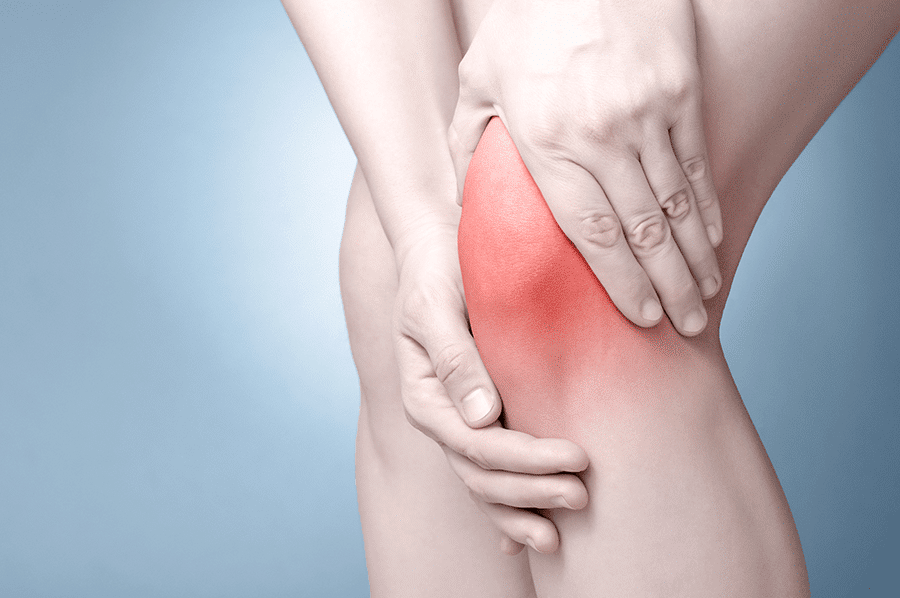Pregnancy is often described as a beautiful journey, but it can also be physically demanding in ways people don’t always talk about. Between morning sickness, back aches, swollen ankles, and a changing body, knee pain may not be the first thing you think about. Yet, many women find that their knees start aching during pregnancy and continue to bother them after giving birth.
If you’ve been wondering whether postpartum knee pain is real or just another discomfort to push through, you’re not imagining it. It’s a common experience and understanding why it happens can help you manage it better, recover faster and where necessary, get knee pain treatment in Singapore.
Understanding Postpartum Knee Pain
Postpartum knee pain refers to discomfort, stiffness, or swelling in the knee joints that appears during pregnancy or lingers after delivery. For some women, it’s mild and occasional. For others, it’s more persistent and can interfere with daily activities, from walking to lifting the baby.
While research on exact numbers is limited, anecdotal reports and clinical observations suggest that knee discomfort during and after pregnancy is common. Many mothers mention knee pain alongside back, hip, and pelvic discomfort when discussing postpartum recovery.
It’s worth paying attention to because while some cases resolve on their own, ongoing pain can affect mobility, mood, and quality of life. And when left unchecked, it may lead to longer-term knee issues.
Why Does Knee Pain Occur During and After Pregnancy?
Your knees go through a lot of changes during pregnancy even if you’re not aware of it at the moment. Common reasons include:
- Hormonal changes — Pregnancy increases the hormone relaxin, which loosens ligaments and joints to prepare your body for childbirth. While helpful for delivery, it can make your knees less stable.
- Increased weight and pressure — Even a healthy pregnancy weight gain adds more load to your knee joints, especially during standing and walking.
- Changes in posture and gait — As your belly grows, your center of gravity shifts. Many women lean back slightly or walk differently, which can strain the knees.
- Muscle weakness — Reduced physical activity (especially in the third trimester) can cause your leg muscles to lose strength, leaving your knees with less support.
- Fluid retention and inflammation — Swelling during pregnancy can affect the tissues around the knee, making movement feel stiff or sore.
These factors can combine to make your knees more vulnerable both during pregnancy and after giving birth.
What Does Postpartum Knee Pain Feel Like?
The experience can vary from woman to woman, but common symptoms include:
- Aching — A dull, persistent soreness in one or both knees
- Stiffness — Especially after sitting or lying down for a while
- Swelling — Mild puffiness around the knee joint
- Instability — Feeling like your knee might “give out” when walking
In many cases, pain is mild and improves with rest, gentle movement, and gradual return to activity. But sometimes, symptoms can be more intense, especially if there was a pre-existing knee condition or a pregnancy-related injury.
Will My Postpartum Knee Pain Go Away with Time?
Postpartum knee pain often starts to improve within weeks or months as your body rebalances hormones, loses pregnancy weight, and regains muscle strength. Factors that influence recovery time include:
- Activity level — Gentle, regular movement can help restore strength and flexibility
- Weight — Returning to a healthy weight reduces strain on the knees
- Muscle tone — Strong quadriceps, hamstrings, and hips protect the knee joint
Some mothers feel significant relief within a few weeks, while others may take several months. But lingering pain, swelling, or instability after the typical recovery period could signal a deeper issue, such as ligament strain, cartilage injury, or early osteoarthritis.
The best approach? Support your knees during recovery. Gentle exercise, proper rest, and, when needed, professional guidance can speed up healing and prevent future issues.
When Should I See a Knee Specialist?
While postpartum knee pain often improves on its own, these warning signs may indicate it’s time to book an appointment:
- Severe pain that limits your ability to walk or care for your baby
- Swelling, redness, or warmth around the joint
- Pain lasting more than a few weeks without improvement
- A history of knee injury or arthritis that seems to be worsening
These symptoms could indicate conditions like meniscus tears, ligament injuries, or joint inflammation — all of which benefit from early diagnosis and treatment.
Managing and Preventing Postpartum Knee Pain
You can take steps during pregnancy and after delivery to reduce discomfort and protect your knees:
- Safe exercises and stretches — Low-impact activities like walking, swimming, or prenatal yoga can maintain strength and flexibility.
- Weight management — Gaining within recommended pregnancy guidelines helps limit strain on the knees.
- Posture correction — Be mindful of your stance and gait, especially when carrying your baby.
- Supportive footwear — Cushioned, stable shoes reduce impact on the joints.
- Knee braces or supports — These can provide extra stability if your knees feel weak.
- Consulting a physiotherapist — Especially beneficial for tailored postpartum recovery exercises.
Get Professional Advice and Knee Pain Treatment in Singapore
Your knees may not be the first thing on your mind during pregnancy and postpartum recovery, but they play a vital role in your comfort, mobility, and ability to care for your baby.
Mild knee discomfort is common and often temporary, but persistent or severe pain deserves professional attention. The earlier you seek advice, the more options you have for knee pain treatment and long-term joint protection.
At Alps Orthopaedic, our team offers a range of care for mothers in Singapore—from knee management strategies after childbirth to postpartum knee pain treatment. Whether your goal is to get back to long walks with your baby stroller or simply move without pain, we’re here to help you every step of the way.

